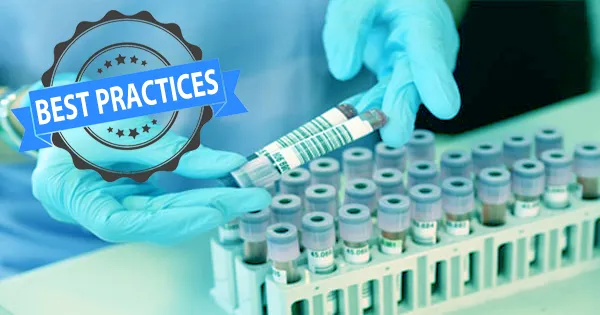
Course Overview: Lab Practices and Management
Course Objectives
- Understand the fundamental principles of laboratory management.
- Develop skills for effective lab operations and safety protocols.
- Learn about regulatory compliance and quality assurance.
Key Topics
-
Laboratory Safety
- Personal protective equipment (PPE)
- Emergency procedures and risk assessment
- Chemical hygiene and waste management
-
Laboratory Techniques
- Best practices for sample handling and analysis
- Instrumentation and equipment maintenance
- Data collection and record-keeping
-
Quality Assurance and Control
- Standards and guidelines (e.g., ISO, GLP)
- Implementing quality control measures
- Troubleshooting and problem-solving techniques
-
Management Skills
- Leadership and team dynamics
- Effective communication and conflict resolution
- Budgeting and resource management
-
Regulatory Compliance
- Understanding of relevant regulations (e.g., OSHA, EPA)
- Documentation and reporting requirements
- Ethical considerations in laboratory practices
-
Project Management
- Planning and executing lab projects
- Time management and prioritization
- Evaluating project outcomes and performance
Learning Outcomes
- Ability to implement safety protocols and emergency responses.
- Proficiency in laboratory techniques and data management.
- Understanding of quality assurance practices and regulatory compliance.
- Enhanced leadership and management skills within a lab environment.
Assessment Methods
- Quizzes and exams
- Practical lab assessments
- Group projects and presentations
- Case studies and problem-solving exercises
This overview provides a foundation for understanding what to expect in a Lab Practices and Management course.
- Teacher: ndobobo brian